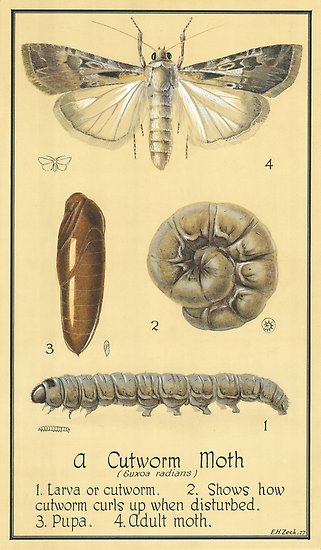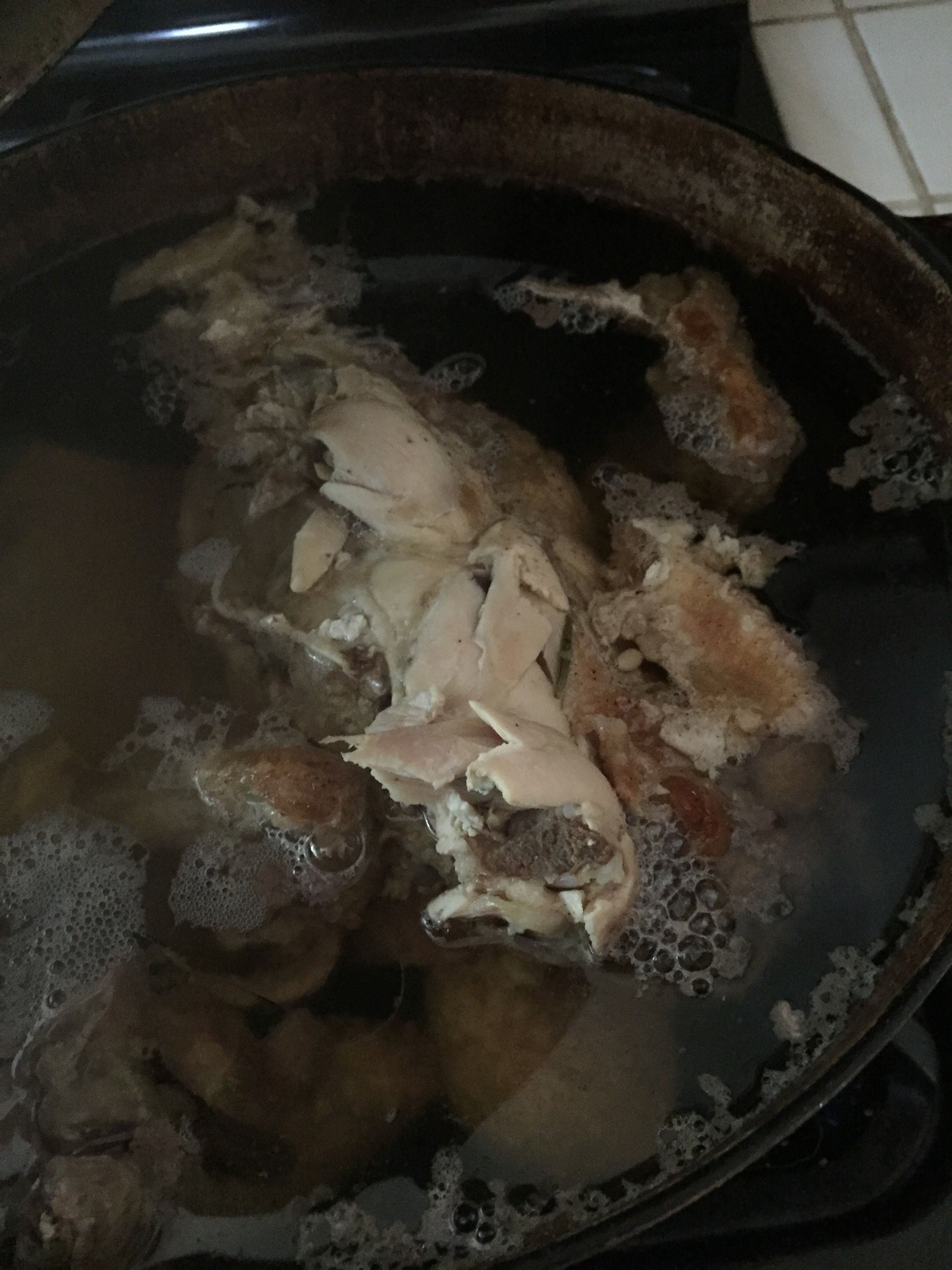Yuck. I am not a fan of the aphid. However, I am very pleased that these collards became something called a 'trap crop' for the little buggers.
Trap Cropping is a part of Integrated Pest Management, or IPM for short. What is IPM? Here, let UC Davis (our agricultural giant of a school about an hour north of us) explain: "IPM is an ecosystem-based strategy that focuses on long-term prevention of pests or their damage through a combination of techniques such as biological control, habitat manipulation, modification of cultural practices, and use of resistant varieties."
The bottom line is, you can't keep aphids, or other plant-eating insects, out of the garden. It's not like you can put up an insect fence. So how to manage them? IPM is a great defense.
As I've written about before, in the last year or so I've started simply doing nothing but waiting and watching, because pest insects in turn attract predators that will feed on them. In the time since I adapted this philosophy, I've seen numerous stages of ladybug around, from nymphs to larvae, which are voracious predators of aphids; and lately I've been seeing dozens of mantids in every growth stage as well, and the lizards have been reproducing like mad, if seeing baby lizards at every turn is any indication. If I poisoned the aphids, these predators would not come to eat them, and the balance of the garden would be upset. I want my own little 'Wild Kingdom' playing out in my garden. (I'm hoping garden snakes will be next. I could use some snakes around here.)
Another approach is trap cropping. Instead of planting a whole bed of broccoli, for instance, knowing that aphids are attracted to brassicas (like my collards), why not plant a few in various areas of the garden? Why not plant more than you could possibly eat? That way, a few of those plants can become 'sacrificial' plants. The aphids will attack some, but most likely not all; if you leave these plants with aphids in place, they will hopefully stay contented with their patch of broccoli and stay out of other plants.
This is what happened with my collards, though I can't say I did this on purpose. It was a happy accident. I care more for cucumbers than collards. I care more for the nearby romaine lettuce than I do collards. The collards became a sacrificial plant so that I could enjoy my lettuce and cucumbers bug-free.
Today, I decided to pull the collards up as they had served their purpose. I collected them and threw them to the chickens, therefore insuring the birds of some extra protein, and therefore the aphids served yet another purpose.





































